There are a thousand and one ways to bring fun to an otherwise bland afternoon, or weekend morning. Most young people solve such a problem with online or non-network gaming. Some of the games can indeed leave your wallets way too empty. But lets try to know more about two types of games out there that are not too costly, and which kids are naturally going after.
"Dress up" or "Fashion" games have become popular among girls around the world. An example of this is Bratz dress up games. These players admit that these virtual toys have become very effective replacements of their former paper dolls.
In the middle to late nineties, some youth-oriented websites started making these games which are often browser-based. A player only has to drag and drop different items of apparel onto a 2-dimensional doll to complete that game. Since then, these sites have put into effect some cool upgrades like better user interfaces and multi-media features. Even more exciting is that there is no more installation or registration required to enjoy most of these games. All you need is a desktop PC or a laptop, and a good Internet connection to enjoy the games, some of which are in the format of the "Flash" platform by Macromedia.
Most of the important game creators come from Asian countries, which in turn were mostly inspired by the wide-eyed, small-lipped characters of those Japanese anime. The loyal fans of anime worldwide prove that this style of representing toys can be a potential hit to young people. In the bid for a still more -realistic feel to the game, other game designers attempt to mirror today's fashion world, thus opening up references for style makers and aficionados. It is said that anime was an inspiration behind the making of Bratz dress up games. Just the same, the concept of paper dolls are still very much around.
After skimming over dress up games, its time we discussed freeware games. Fortunately for gamers out there, freeware games are all over the Internet. Game developers have been able to transform a lot of the games into popular and much cheaper versions. Any kid with a little help and supervision can easily download the game and play with it with no other hefty costs to pay.
But are there really no strings attached? What happens to the people who made available for free these games? No worries actually, since the people who provided the freeware are only aiming to reach out to others who also have gaming know-how and interests like their's. Still a deeper motive that gets mentioned often is that freeware games are the means of these groups of like-minded developers at 'taking revenge' at the owners of proprietary games.
There is no lack in terms of diversity in freeware games. Try naming a proprietary games, and its possible it has a counter-part among the freeware: from adventure online games to driving games, it is all covered. So imagine how hue popularity and the online aspect converge; it is said that hundreds of participants would sometimes join together for free these role-playing games.
Now, how do the owners of the freeware game sites keep the site running? This is where the pay-per-click ads come in. Freeware sites usually show only two to three ads and commercials, and the site owner earns a token amount of money when the ads are clicked.




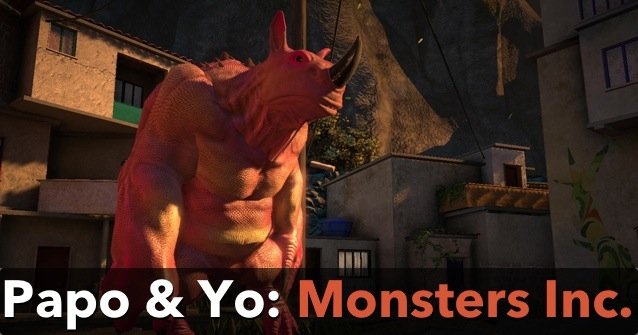
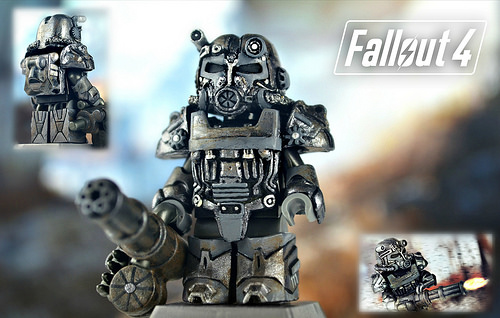
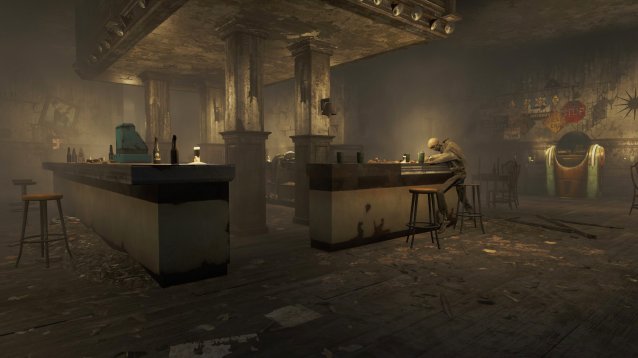 Fallout 4 Guide: Cooking and Chemistry
Fallout 4 Guide: Cooking and Chemistry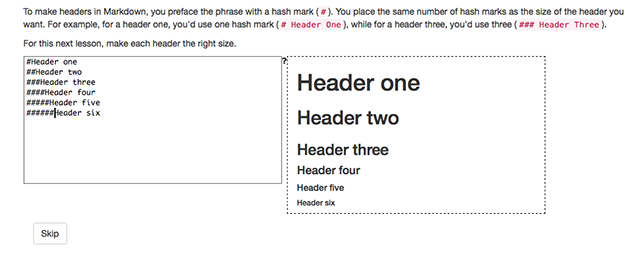 5 Sites and Apps for Quickly Learning Markdown
5 Sites and Apps for Quickly Learning Markdown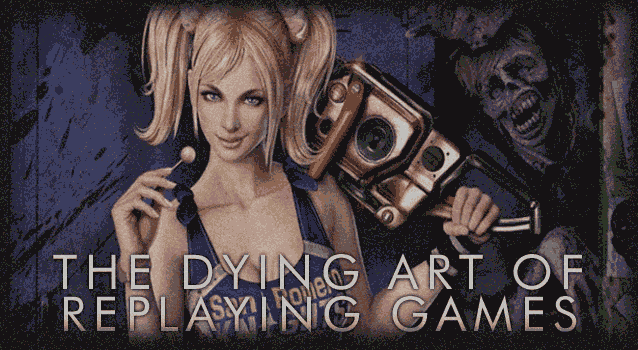 The Dying Art of Replaying Games
The Dying Art of Replaying Games Fallout 4: Institutionalised - Find Shaun, Allie Fillmore, Meet the division leaders and Network Scanner Holotape
Fallout 4: Institutionalised - Find Shaun, Allie Fillmore, Meet the division leaders and Network Scanner Holotape How to start PlayStation 4 in Safe Mode
How to start PlayStation 4 in Safe Mode